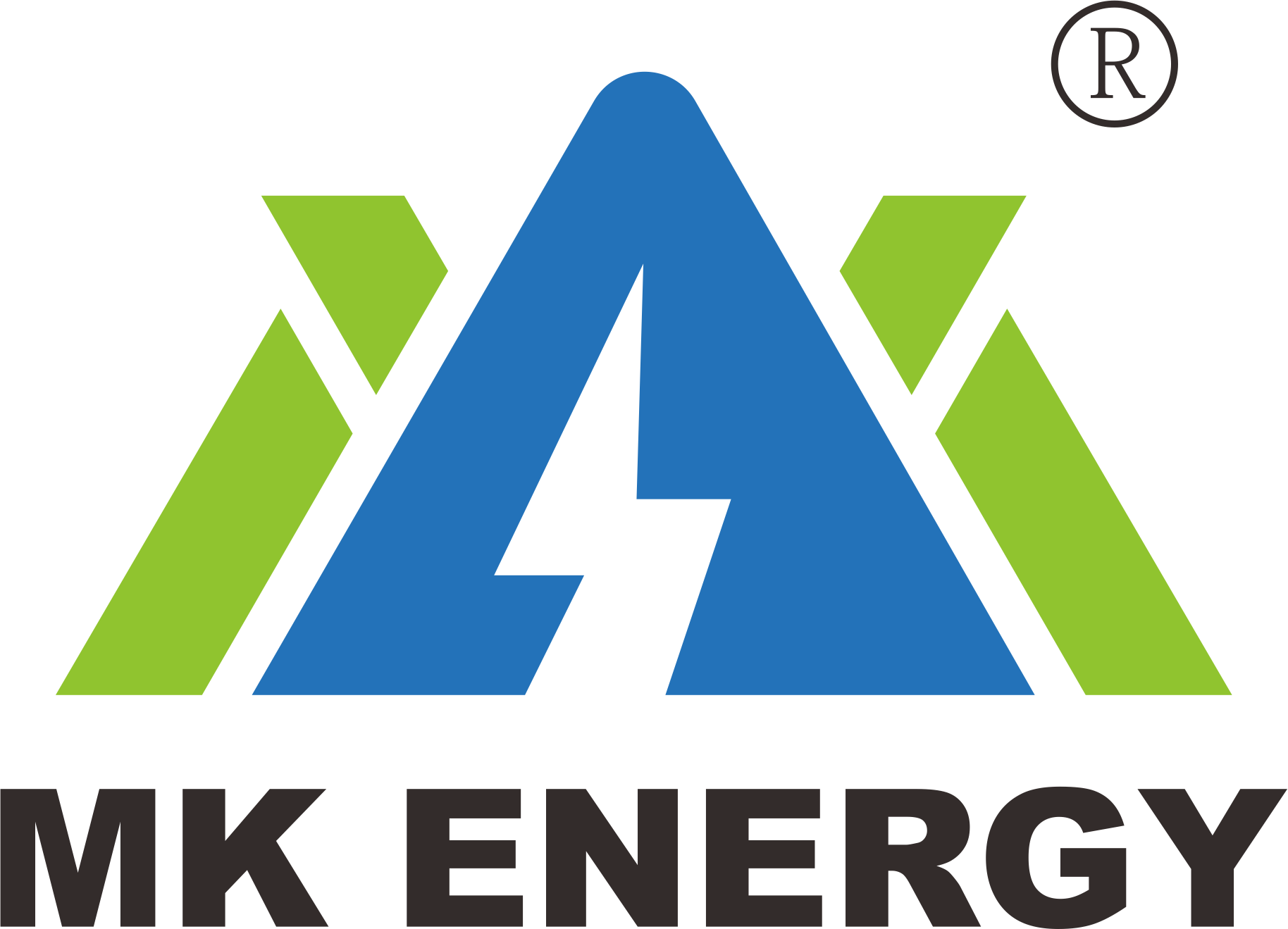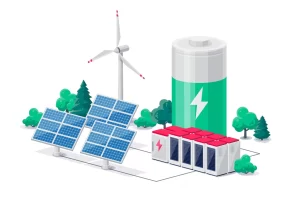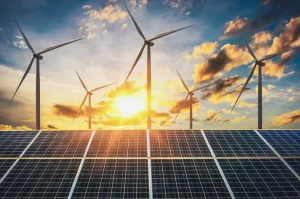The future of lithium-ion batteries in renewable energy storage
The entire world is moving toward renewable energy, especially the role of lithium-ion batteries in renewable energy. The core of today’s article is to discuss with you what the future of lithium-ion batteries will look like in renewable energy storage and to lay out better and select lithium-ion batteries by exploring the future.
How lithium-ion batteries power today’s renewable energy storage
In the current climate, integrating lithium-ion batteries into renewable energy storage can solve the intermittency problem of renewable energy sources such as solar and wind, enhance grid stability and foster a more resilient energy infrastructure. Lithium-ion batteries can store excess energy generated during peak renewable energy production. This stored energy can then be released during periods of low renewable generation or high electricity demand, helping to balance the grid and ensure a stable power supply. Lithium-ion batteries can also help support the electrification of transportation, especially electric vehicles (EVs). As the automotive industry transitions toward sustainable practices, lithium-ion batteries provide the energy storage capacity electric vehicles need to extend their range and improve their performance.
Improving the overall efficiency of renewable energy storage
Optimizing available space and increasing overall efficiency is essential for their future. The higher energy density of lithium-ion batteries facilitates the design and implementation of more efficient, space-saving battery configurations. This is particularly beneficial for residential solar installations and grid-scale renewable energy storage projects, where limited space may otherwise limit the deployment of larger storage capacity. Advances in energy density also address the intermittency of renewable energy sources such as solar and wind. Batteries with higher energy density can more efficiently store excess energy generated during peak production.
Breakthrough in fast charging technology for renewable energy storage
This technology’s primary focus is optimizing the charging process of energy storage systems connected to renewable energy sources. For traditional energy storage systems, the charging process can take a considerable time, limiting the responsiveness and adaptability of renewable energy systems to fluctuating energy generation patterns. Lithium-ion batteries enable energy storage systems to absorb energy from renewable sources during peak generation periods quickly. The ability to fast charge the storage system ensures that excess energy is efficiently captured and stored, thereby reducing the risk of brownouts resulting in the loss of extra energy due to insufficient storage capacity.
This technology increases the overall efficiency and reliability of renewable energy systems. For example, in solar applications, when the sun is bright, the energy storage system quickly absorbs and stores the electricity generated by the sun. Users can then use the stored energy during periods of lower solar irradiance, ensuring a continued and reliable power supply.
Scalability and integration
Lithium-ion batteries provide scalable solutions for grid-scale applications with modular design and flexible configurations. This allows energy storage projects to start at a specific capacity and scale seamlessly as energy demand increases or the grid grows. The modular nature of lithium-ion battery systems allows for the efficient addition of battery modules to meet growing storage capacity needs. Power electronics, control systems, and energy management software integrate with lithium-ion batteries in grid-scale renewable energy storage. Power electronics facilitate bidirectional energy flow, allowing batteries to charge during excess renewable energy generation periods and discharge when demand is high. Their scalability is consistent with the dynamic nature of renewable energy generation.
Market trends and investment opportunities
Their future trends will continue to grow, with the increasing popularity of solar and wind energy requiring efficient and scalable energy storage solutions to manage intermittency. Lithium-ion batteries will play a central role in meeting the growing demand for energy storage capacity through their versatility and falling costs. In addition, the transition to decentralized energy systems is another significant trend. Distributed energy resources, including residential solar installations and communities, create opportunities for localized energy storage solutions. With their modular and scalable design, lithium-ion batteries are well suited to meet the requirements of distributed energy systems, providing grid support and enhancing energy resiliency at the community level.
Future
The future of renewable energy storage undoubtedly lies in the hands of lithium-ion batteries, and their continued development and integration into various applications represents our move towards a more sustainable and resilient energy future.




